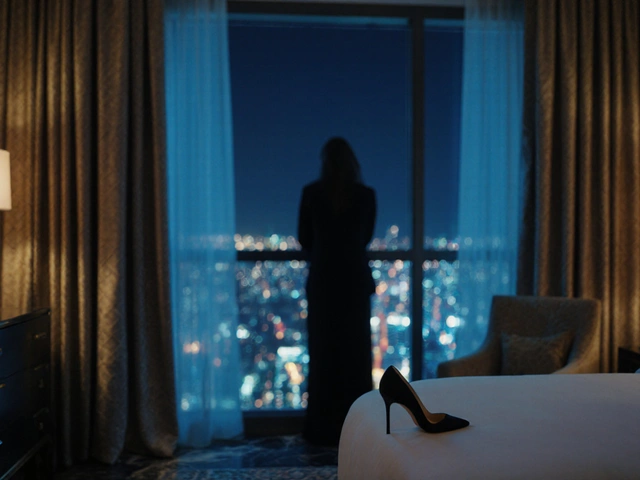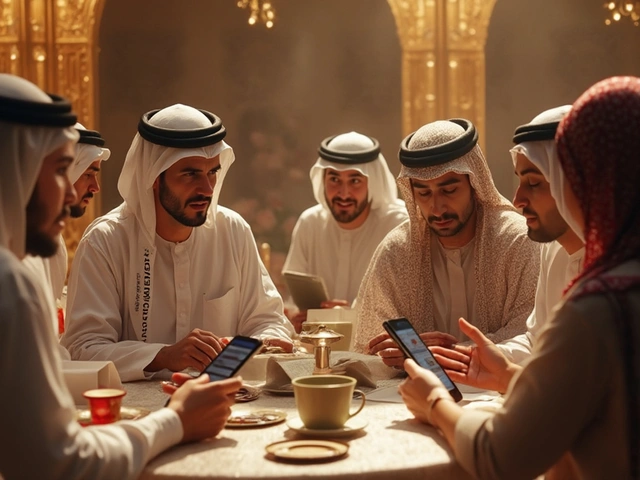
Expat Women in Dubai: Your Quick-start Guide
Moving to Dubai as a woman can feel like stepping into a whole new world. You’ll find glittering skylines, tax‑free salaries, and a mix of cultures that can be both exciting and overwhelming. This guide pulls together the most useful info from our tag’s articles so you can settle in faster, stay safe, and enjoy the city like a local.
Work, Visas & Money Matters
First things first – you need a work visa. Most employers sponsor a employment visa that ties you to a specific job. The process usually takes 2–4 weeks and requires a medical test, a no‑objection certificate from the Ministry of Labour, and a copy of your passport. If you’re looking for flexible gigs, the freelance permit offered by free zones like Dubai Media City is a solid option.
Salary ranges vary by sector. Filipino and other Asian workers often find jobs in hospitality, retail, and caregiving, earning between AED 2,500 and AED 5,000 a month. European expats tend to land roles in finance, engineering, or tourism, where monthly pay can start at AED 8,000 and go much higher. Remember to budget for housing (about 30‑40% of your income), transport, and a modest social life.
Living Costs, Neighborhoods & Safety
Dubai’s cost of living can swing wide. A one‑bedroom apartment in Business Bay or Marina runs around AED 5,500–AED 8,000, while shared flats in Deira or Al Barsha drop to AED 2,500–AED 4,000. Food is cheap if you shop at local markets or eat street‑food; a typical meal costs AED 15‑30. For expats who love a Western grocery experience, expect to pay a premium.
Safety is a top concern. The city is low‑crime, but it’s smart to follow a few rules: keep your ID on you, avoid walking alone in dimly lit areas late at night, and use reputable ride‑hailing apps. Many expat women join community groups on social media – they’re great for sharing housing tips, job leads, and social events.
Our tag includes detailed posts you’ll want to read. The "Filipino Girls in Dubai" guide breaks down visa types, salary expectations, and where to find Filipino community hubs. The "European Girls in Dubai" article explains cultural nuances, the best neighborhoods for a European vibe, and how to navigate local customs. For anyone curious about the broader job market, the "Jobs for Girls in Dubai" piece lists female‑friendly sectors and gives interview pointers.
When you’re ready to explore the city, start with the Dubai Mall area – it’s tourist‑friendly, packed with shops, and has plenty of coffee spots to meet new people. For a quieter vibe, Al Barsha and Jumeirah Lake Towers offer green spaces and family‑oriented gyms.
Finally, remember that being an expat is as much about mindset as it is about paperwork. Stay open, ask questions, and don’t be shy about reaching out for help. The community here is surprisingly supportive, and the right connections can turn a daunting move into a rewarding adventure.
Got a specific question? Dive into the articles linked under the "expat women" tag – they’re packed with real‑world advice, from handling UAE labor law to finding the best spots for a weekend brunch. Happy settling in!
-
18 Jun



